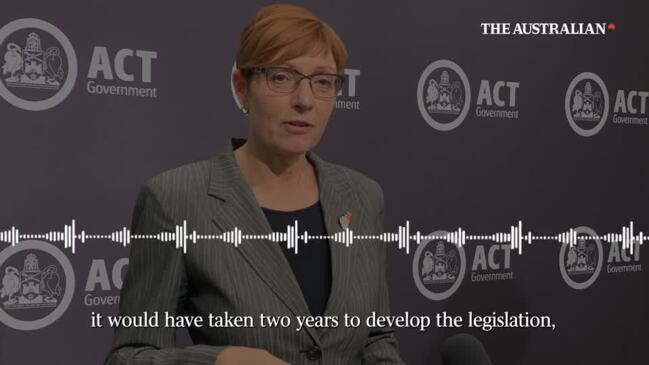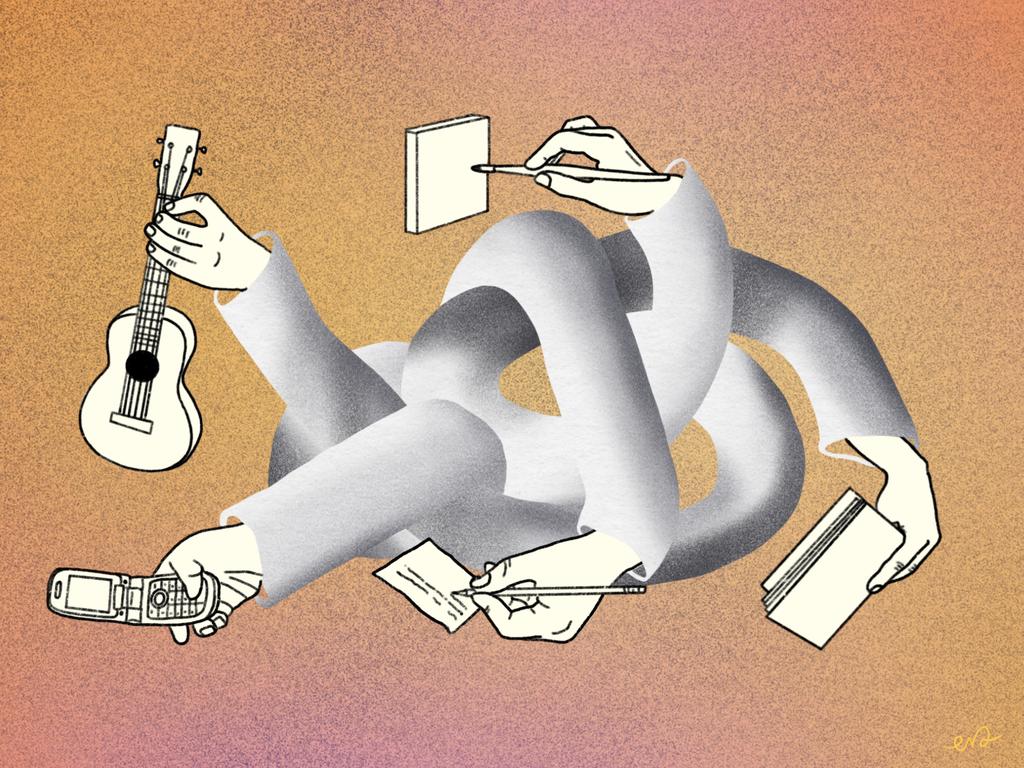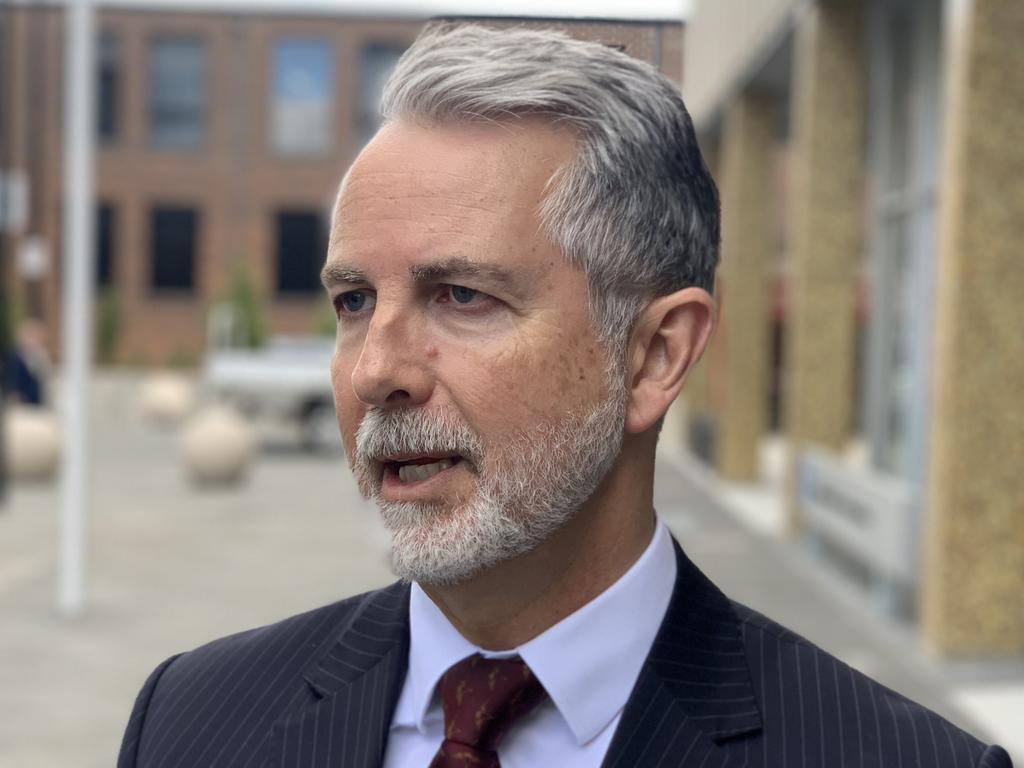ACT pharmacists bracing for surge in opioid treatments after some drugs decriminalised
Pharmacies are bracing for a surge in demand for opioid treatments following the ACT’s decriminalisation of drugs next month.

Pharmacies are bracing for a surge in demand for opioid treatments following the ACT’s decriminalisation of drugs next month, with the peak body warning “nothing good” will come from decriminalising small quantities of substances such as heroin and ice.
The changes to the Territory’s drug laws have also sparked criticism from local doctors, who have pointed out that while the personal possession of 1.5g of amphetamine will be decriminalised, a GP in Canberra is still unable to prescribe amphetamine medications to patients with ADHD.
ACT Health Minister Rachel Stephen-Smith last month revealed her government had “quietly” taken its intention to decriminalise small quantities of some drugs to the last election and used a private member’s bill to pass the laws more “quickly” than if the Labor-Greens coalition had moved it as a piece of government legislation.
ACT Pharmacy Guild president Simon Blacker said he would have preferred the government had made its intentions “a bit more public” during the election and was concerned the decriminalisation of some illicit drugs could send a message that they were “less harmful and potentially safe”.

“There may be (people) who are then inclined to go down that path who might not be otherwise, that’s a concern,” he said.
“I can’t see how (decriminalising) heroin and ice in small quantities is a good thing … a gradual approach would have seemed to have been a more appropriate way to approach this.”
From October 28, police may issue a person a “simple drug offence notice” if they are caught with illicit substances under the legislated thresholds. This may result in a fine or direction to harm-reduction services.
One of the listed substances is amphetamines, the active ingredient in some ADHD medication, fuelling calls for the limits on prescribing powers for doctors to be reviewed.
Canberra GP Henry Berenson said that “under the heading of harm minimisation, unsupervised possession of 1500mg of ice and 1500mg street amphetamine will be decriminalised in the ACT, while GPs remain unable to prescribe and monitor the effects of 5mg dexamphetamine tablets”.
“Accessible GP ADHD management has the potential to reduce the use of untested, possibly contaminated street drugs for many drug takers,” he told the Australian Medical Association’s Canberra Doctor magazine.
“If we really want harm minimisation, the regulations on controlled prescribing for ADHD by GPs need to be reassessed.”

A spokesman for the Canberra and Queanbeyan ADD Support Group said it was clear there would be inconsistency in the ACT laws that decriminalised personal amphetamine possession but stopped GPs being able to prescribe ADHD medication.
An ACT Health spokeswoman said the government would look at whether to expand who could prescribe ADHD medication later this year, but stressed prescribed medications and non-prescription substances, referred to as un-pure amphetamines, were “not the same and are not interchangeable”.
“The decriminalisation of small quantities of drugs is not intended to support people with medically diagnosed conditions,” she said.
Mr Blacker said his guild would consider the softer drug laws with an “open mind”, but was concern with the “finite resources” of the health system in coping with the change. He said Canberran pharmacies would not be able to meet any significant increase in demand for opioid dependency treatment, particularly after recent federal changes to dispensing.
Ms Stephen-Smith said the guild had made its concerns known but had no evidence to validate them.








To join the conversation, please log in. Don't have an account? Register
Join the conversation, you are commenting as Logout